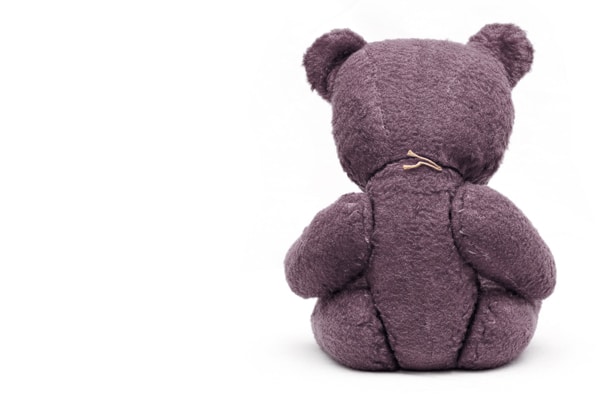Sometimes, asking for and receiving what we need is a greater challenge than we are allowed to acknowledge.

Loneliness is a universally experienced human emotion, but one that we are not adept at addressing or discussing in meaningful ways. One doesn’t often feel the same kind of comfort stating “I am lonely” as they do stating “I am hungry,” or “I am happy.”
There is a stigma attached to loneliness that causes us to reject or deny it in ourselves and to feel badly when we encounter it in others.
Common understandings of loneliness usually wrap it up with a state of solitude or of being alone. But this is false. Loneliness is actually a state of mind, defined by clinicians and researches as “feeling lonely more than once a week.” This can be while one is alone, literally, but also when others are present.
While it is unpleasant to experience, loneliness is also potentially damaging to one’s physical body as well. Everything from alcoholism and drug use, to increased stress levels, and cardiovascular disease can be exacerbated by loneliness. It is not simply an idea relegated to mental health. In extreme cases, depression and suicidal thoughts can result from periods of loneliness.
[If you are having suicidal thoughts, please reach out to the National Suicide Prevention Lifeline at 1 800 273 8255 for free support from a trained counselor right now]
Why don’t we feel safe admitting to loneliness?
One of the reasons that loneliness can feel hopeless or unsolvable is because we are largely not conditioned to acknowledge, understand, and seek out solutions to emotional distress. We are taught instead to “man up,” to find a way to put those negative feelings aside and carry on. Men, in particular, are conditioned to simply “get over it.”
Obviously, no one really does “get over it.” “It” is simply crushed down until it begins to seep out in other ways, manifesting itself as other needs. Often people will connect with someone like me under the (very sincerely presented) guise of physical gratification, when what is really required is something more.
Here’s what I propose: what if we started more honestly? What if our first meeting acknowledged the need that all humans feel to be seen and witnessed, touched and accepted? What if we admitted how strange and uncomfortable it likely is to have to seek out and ask for such things directly, when they are “supposed” to be organically occurring in one’s life?
Loneliness can arise from any number of situational variables – things like physical isolation, living in a new town, or losing a partner to death or separation. The thing one ought to keep in mind is that it is a natural response to those variables. It is not something done wrong, or a failure of character or morals; a failure to “get over it.” Despite its being complex and individuated, loneliness is a universally experienced human emotion.
Seeking out companionship is something in dire need of reframing. It is not the action of unlovable, desperate, or degenerate folks who can’t find someone to care about them. That is as ridiculous as assuming someone might only ever go to a restaurant because they are too incapable or feeble to cook for themselves. Or that someone would only stay at a hotel because they couldn’t immediately befriend someone in a foreign place who would invite them to stay in their home. The needs to be touched and to be seen are as essential to human life as shelter and food.
The stigma of hiring a companion for touch and connection is rooted in misogyny and myth. The worry that someone couldn’t be invested in their care, couldn’t really care, because they are being compensated for their time is a fallacy of false equivalence. One wouldn’t turn away a nurse or a psychiatrist because their time and attention and experience are deserving of compensation.
Why turn away from a source of companionship and acceptance, simply because someone chooses to make it their career?
Why languish in hunger when there is so much to eat?


